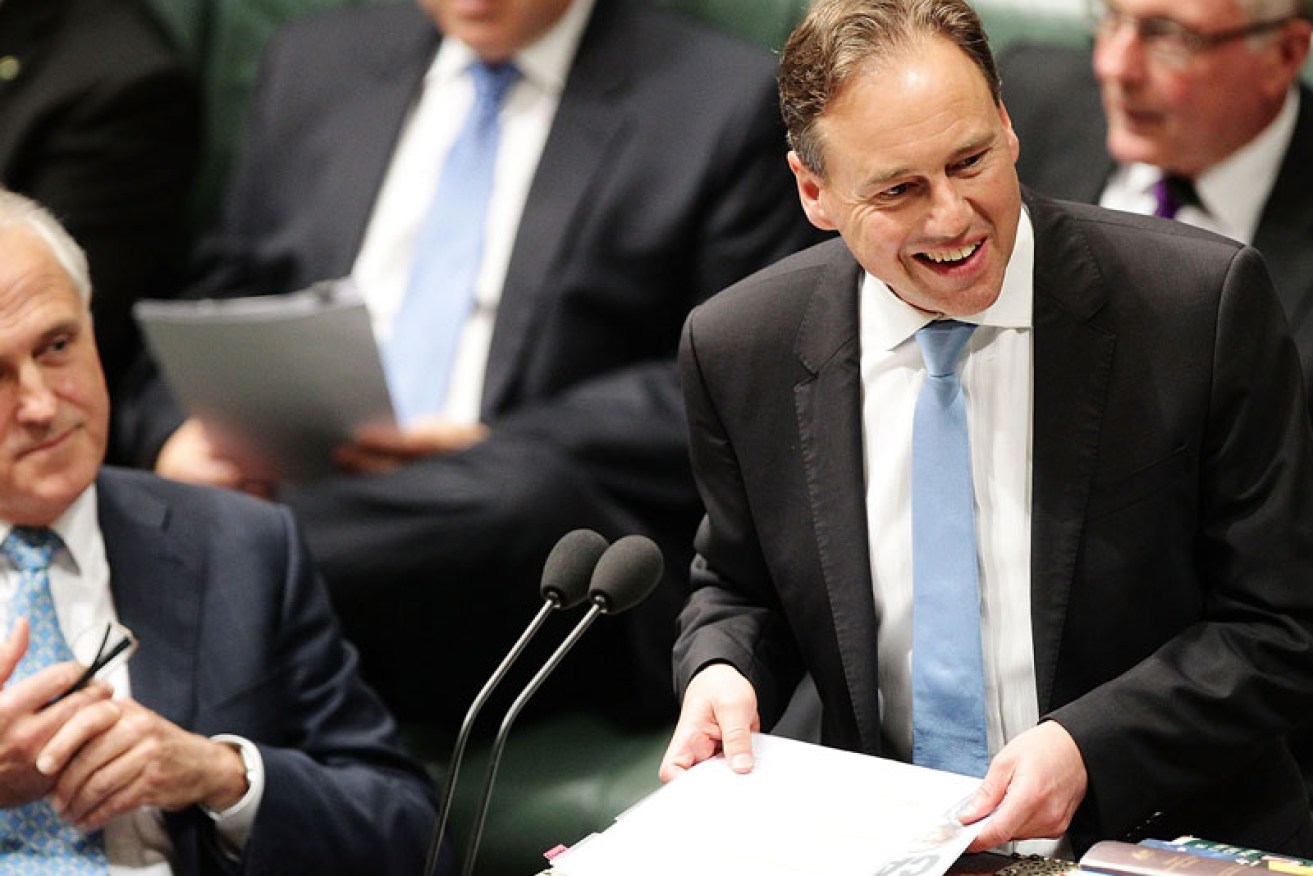Employees the winner in government’s mental health inquiry


Health Minister Greg Hunt announced a Productivity Commission Inquiry into mental health on Monday.
A government inquiry has been launched to probe into the hidden ways the mishandling of mental illness is harming the economy – and experts predict it will benefit workers as much as businesses.
On Monday, Health Minister Greg Hunt announced a Productivity Commission inquiry into the role workplace mental health has on Australia’s economy.
The inquiry has been tasked with assessing mental illness’s “true impact” on the economy and recommend ways to improve the population’s mental health and economic participation.
The inquiry will kick off later in October and will have 18 months to provide its full report to government.
Previous estimates put the economic cost of mental illness at $10.9 billion per year, according to Beyondblue’s Patrice O’Brien.
Some of this figure is driven by staff taking time out of work due to their illness (absenteeism), but a large part of it comes down to ‘presenteeism’ – where an employee does make it into the workplace but isn’t able to work to their best of their ability because of mental health issues.
Depression alone is estimated to cost Australia $6.3 billion a year, based on figures from government body Safe Work Australia, lending weight to Ms O’Brien’s argument that advocating for mentally healthy workplaces “isn’t just a social nicety, it’s an economic priority”.
Employment critical to health
But it’s not just employers who stand to benefit. SANE Australia deputy chief executive Dr Michelle Blanchard said workplaces could serve a critical role in helping those that need it too.
Often employees dealing with mental illness are offered time away from work by their employers to help them recover, but Dr Blanchard said the sense of purpose and social connectedness that come with meaningful employment can actually preserve people’s mental health or even help in their recovery.
In essence, a supportive work environment actually helps keep people mentally healthy while also enabling them to work to their full potential.
Lifeline Australia chief executive Bob Gilkes similarly told The New Daily that people managing mental health problems are just as productive as any other employee when they have access to adequate support and treatment, and given full-time workers spend most of their time at work, “it stands to reason that workplaces can take a lead role in improving mental health”.
Talking it over
One step businesses can already take to support their staff is to create a space where discussing mental illness is accepted and even encouraged.
This can pave the way for employees to raise concerns with their superiors, helping to stamp out potential risks before they take their toll on staff, and also keeping employers informed so they can support staff and combat presenteeism, SANE’s Dr Blanchard said.
Mr Gilkes even believes it’s a responsibility of employers to ensure staff feel comfortable talking about their mental health.
A survey conducted by Lifeline found 90 per cent of Australians feel stressed, and 74 per cent reported that their stress stemmed from their work, and Mr Gilkes said employers have responsibility to help their staff manage this too.
He said training human resources and management staff on mental illness is one way to help with both of these challenges.








